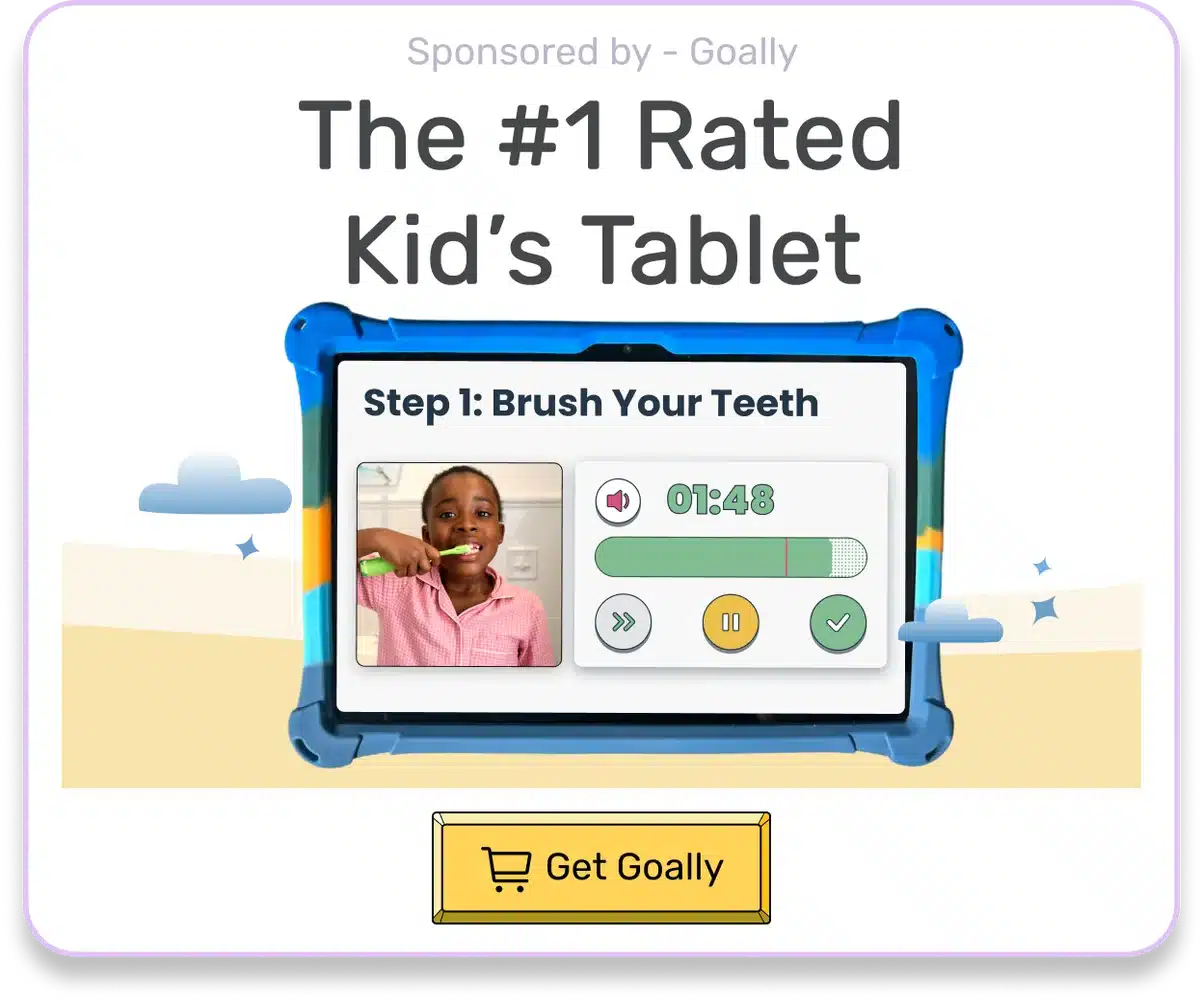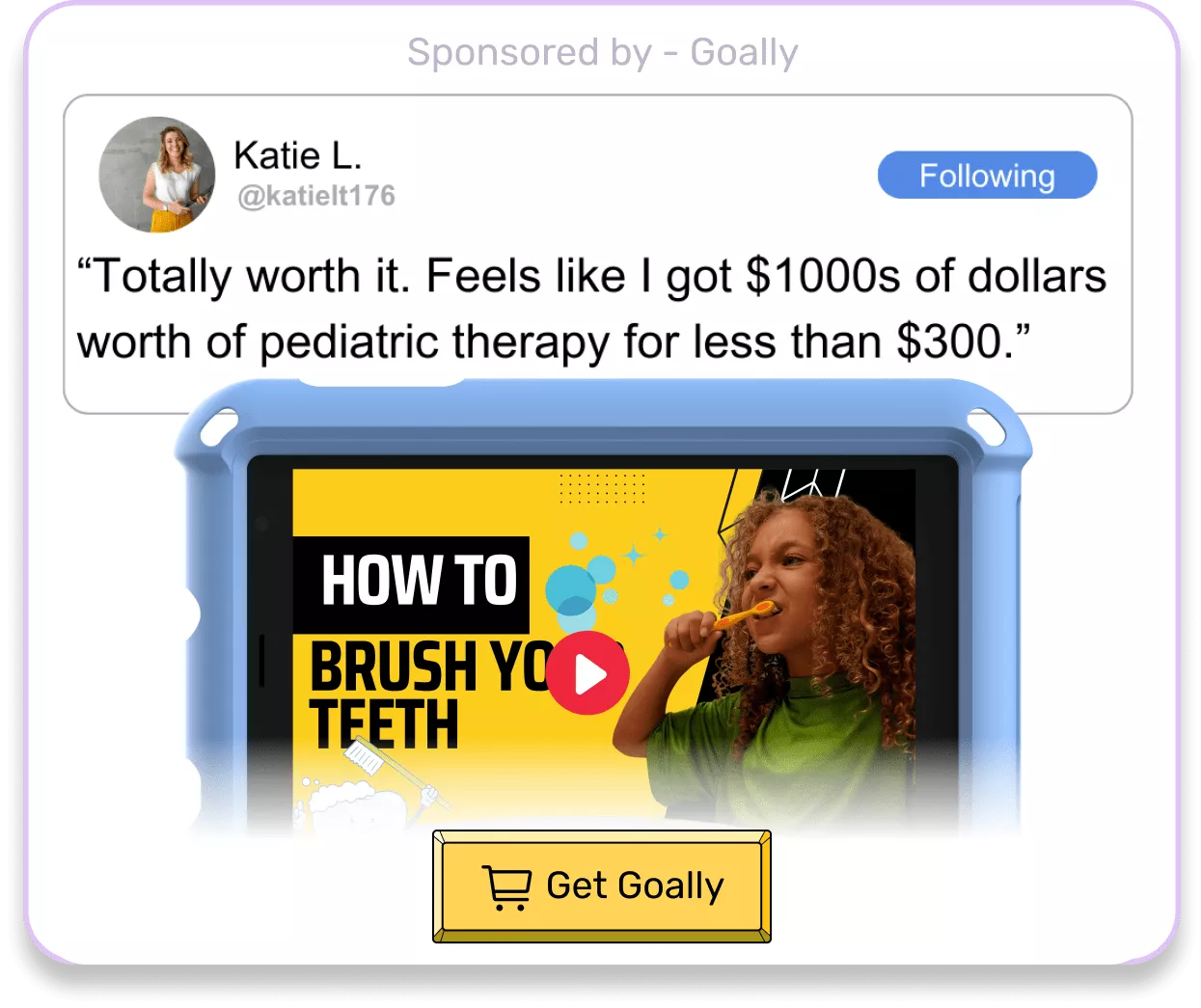Working with kids is one of the most fulfilling parts of my job. One of the most effective tools I’ve found is play therapy. Play therapy helps kids express their emotions and overcome challenges incredibly. So, which group is play therapy often used to treat? This blog will explore the various groups of kids who benefit from play therapy, why it’s so effective, and how it can be implemented to support emotional and mental health.
Table of Contents
Understanding Play Therapy
Play therapy is a form of counseling that uses play to help kids communicate, express emotions, and solve problems. It’s particularly effective for young kids struggling to verbally articulate their feelings. Through play, therapists can observe and understand a child’s behavior and emotional state, providing insights that might not be apparent through traditional talk therapy.
The therapy typically involves various toys, games, and creative activities that allow kids to express themselves in a safe and structured environment. Play therapy can be used to address a range of issues, from anxiety and depression to trauma and behavioral problems.
Groups Benefiting from Play Therapy
Children with Emotional and Behavioral Issues
Kids with emotional and behavioral issues, such as anxiety, depression, and anger, often benefit from play therapy. Through play, they can explore their emotions and learn coping strategies in a non-threatening environment. According to the Association for Play Therapy, play therapy can significantly reduce symptoms of emotional distress in kids.
Goally | The Tablet for Neurodiverse Kids

Neurodivergent Kids
Neurodivergent kids, including those with autism spectrum disorder (ASD) and attention-deficit/hyperactivity disorder (ADHD), can find play therapy particularly helpful. It gives them a structured way to express themselves and improve their social skills. A study published in the Journal of Autism and Developmental Disorders found that play therapy improved social interaction and communication in kids with ASD.
Kids Who Have Experienced Trauma
Play therapy is also often used to treat kids who have experienced trauma, such as abuse, neglect, or loss. It allows them to process their experiences and emotions in a safe space. For example, kids who have been through traumatic events can use dolls or action figures to act out their experiences, which helps them make sense of what happened and start the healing process.
Children with Learning Disabilities
Kids with learning disabilities often struggle with self-esteem and frustration. Play therapy helps them build confidence and develop problem-solving skills. Engaging in play allows them to work through their challenges and find new ways to approach learning tasks.

Read more: Is ADHD Caused by Trauma?
Why Play Therapy is Effective
Play therapy is effective because it leverages the natural way kids communicate and learn—through play. Here are some reasons why it works so well:
- Non-Threatening Environment: Play creates a safe space where kids feel comfortable expressing themselves without fear of judgment.
- Engagement and Motivation: Kids are naturally drawn to play, which keeps them engaged and motivated throughout therapy sessions.
- Observation and Insight: Therapists can gain valuable insights into a child’s emotional state and behavior through their play activities.
- Skill Development: Through play, kids can develop social, emotional, and problem-solving skills that they can apply in real life.
How to Implement Play Therapy at Home
While professional play therapy should be conducted by trained therapists, parents can also use play therapy techniques at home to support their kids’ emotional well-being.
Create a Safe Play Space
Set up a dedicated area in your home with various toys and creative materials. Ensure this space is free from distractions and feels safe for your child.
Engage in Play Regularly
Spend regular time playing with your child, allowing them to lead the activities. This can help build trust and open lines of communication.
Use Play to Address Emotions
Use toys and games to help your child express their feelings. For example, if your child is angry, they might use a toy to act out their frustration, which can lead to a discussion about managing those feelings.
Observe and Reflect
Pay attention to your child’s play patterns and behaviors. Reflect on what these might indicate about their emotional state and discuss your observations with a therapist if needed.

Real-Life Success Stories
Many families have found play therapy a transformative experience for their kids. For instance, Emily, a 7-year-old with anxiety, found her voice through play therapy. Her therapist used puppets to help her express her fears, significantly improving her confidence and emotional regulation.
Another success story is Max, a 6-year-old with ADHD. Through play therapy, he learned to channel his energy into constructive activities and improved his social interactions. His parents noticed a marked decrease in behavioral issues and an increase in positive behaviors.
Research Supporting Play Therapy
Numerous studies support the effectiveness of play therapy. For example, research published in the International Journal of Play Therapy found that play therapy significantly reduced symptoms of anxiety and depression in children. Another study by the American Psychological Association highlighted that play therapy can improve social skills and emotional regulation in neurodivergent kids.
These studies underscore the importance of using play as a therapeutic tool for kids. By incorporating play therapy into treatment plans, therapists can help kids navigate their emotions and develop essential life skills.
Tired of Emotional Meltdowns?
Goally’s Mood Tuner app has activities for kids with BIG emotions. Teach kids how to tune their mood with Goally. See fewer meltdowns.
The Mood Tuner app encourages kids to look inwards and identify their feelings, helping them understand what’s going on inside. Once they’ve recognized their emotions, they can choose from a 20+ activities designed to help them self-regulate and find their balance.

Play therapy is a powerful tool for supporting children’s emotional and mental health. It is particularly effective for children with emotional and behavioral issues, neurodivergent children, those who have experienced trauma, and children with learning disabilities. By creating a safe and engaging environment, play therapy helps children express their emotions, develop coping strategies, and build essential life skills. Implementing play therapy techniques at home can further support your child’s emotional growth and well-being.
Helpful Resources
FAQ’s About Which Group is Play Therapy Often Used to Treat
What is play therapy?
Play therapy is a form of counseling that uses play to help kids communicate, express emotions, and solve problems.
Which group benefits most from play therapy?
Play therapy is often used to treat kids with emotional and behavioral issues, neurodivergent kids, those who have experienced trauma, and kids with learning disabilities.
How does play therapy help kids with trauma?
Play therapy provides a safe space for kids to process traumatic experiences through play, helping them make sense of their emotions and begin healing.
Why is play therapy effective for neurodivergent kids?
Play therapy helps neurodivergent kids by providing structured ways to express themselves and improve social skills through engaging activities.
Can parents use play therapy techniques at home?
Yes, parents can create a safe play space, engage in regular play, and use toys and games to help their kids express emotions and develop coping strategies.
Emily is a seasoned blog writer for Goally, leveraging her extensive background in child psychology and special education to provide valuable insights and resources for parents. Her commitment to understanding and addressing the unique needs of these children, combined with her expertise in educational strategies, makes her a credible and empathetic voice for families.





